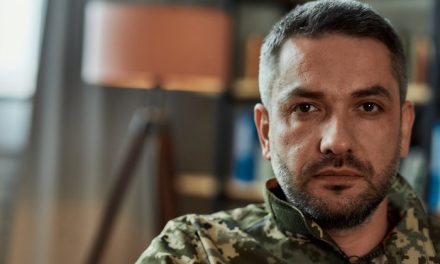In some ways, American society does an excellent job of honoring those who serve in our armed forces. On Memorial Day, we celebrate those who made the ultimate sacrifice. On Veterans Day, we celebrate all those who have served. And on the Fourth of July, we salute those who continue to support the country’s ongoing freedom. Throughout the country, and particularly in Washington D.C., monuments and memorials have been erected in memory of those who have been willing to put their lives on the line to protect the United States—and often the world—from those who would do harm to liberty and democracy.
But for all these ways we honor and celebrate veterans, many still struggle when they return to civilian life. The experiences they may have had while serving can be hard to reconcile to day-to-day life once their time in the service has come to an end. For far too many vets, the difficult transition can lead to the development of substance use and mental health disorders.
At The Aviary Recovery Center, we are committed to serving those who have served—and because veterans have specific needs, we offer a specific approach to treating those who are struggling with drugs or alcohol, or mental health disorders like depression, anxiety, or post-traumatic stress disorder (PTSD).
The program is known as Tactical Recovery.
Tactical Support for Those Who Have Served
The members of the veteran community often need specialized programs in order to effectively engage with treatment for substance use and mental health disorders. One of the reasons why is that culture instills a strong sense of self-reliance—and that can make a vet reluctant to admit that they need help.
If you believe you can and should rely on yourself to overcome challenges, it can be difficult to turn to others to help you through hard times. Still, you might be wondering why a veteran—who in addition to learning self-reliance was also trained to rely on their fellow servicemembers in times of trouble—would be unwilling to get help.
The answer is connected to the unique culture of military service. While it is true that those who serve learn to trust and depend on one another, that circle of trust can be specific to others who truly understand what it is like to be a member of the military.
When that is the case, it can lead a veteran to feel uncertainty—maybe even distrust—of treatment services offered by civilian organizations. If the service providers don’t really understand what a veteran has experienced, how can they provide effective treatment?
That is the question Tactical Recovery has been designed to answer.
The program ensures that veterans receive treatment for substance use and mental health disorders in a trauma-informed environment that is underpinned by culturally competent practices proven to serve vets well. Tactical Recovery is not a generalized approach intended for anyone who needs treatment. Instead, it focuses on the specific experiences, challenges, and needs that can define the veteran experience.
Military Culture Can Serve You Well in Recovery
While some aspects of military culture might cause a struggling vet to put off getting help, there are other aspects of service that can support ongoing sobriety.
For example, members of the military must be both resilient and committed to perseverance—even (or especially) when faced with daunting situations. In the face of cravings for drugs or alcohol or the temptation to quit going to 12-Step meetings or to therapy, a person from a military background can draw upon a deep well of personal resolve to help them meet those challenges head on.
We Look Forward to Serving Those Who Have Served
At The Aviary Recovery Center, we bring to the Tactical Recovery program some of the key aspects of our more general approaches to treating substance use and mental health disorders. For example, we listen intently to every person we serve so that we can design a personalized treatment program that meets your specific needs. After all, each individual is worthy of respect and should be heard.
We also bring to the table the same commitments to expertise, experience, evidence, and empathy that characterize all of our work. When you seek treatment at our campus near St. Louis, Missouri, you can count on services that are steeped in best practices and years of training and ongoing work. We bring to our mission the same single-mindedness that might define a military mission.
If you are a veteran who needs help, it would be our honor to serve you.









